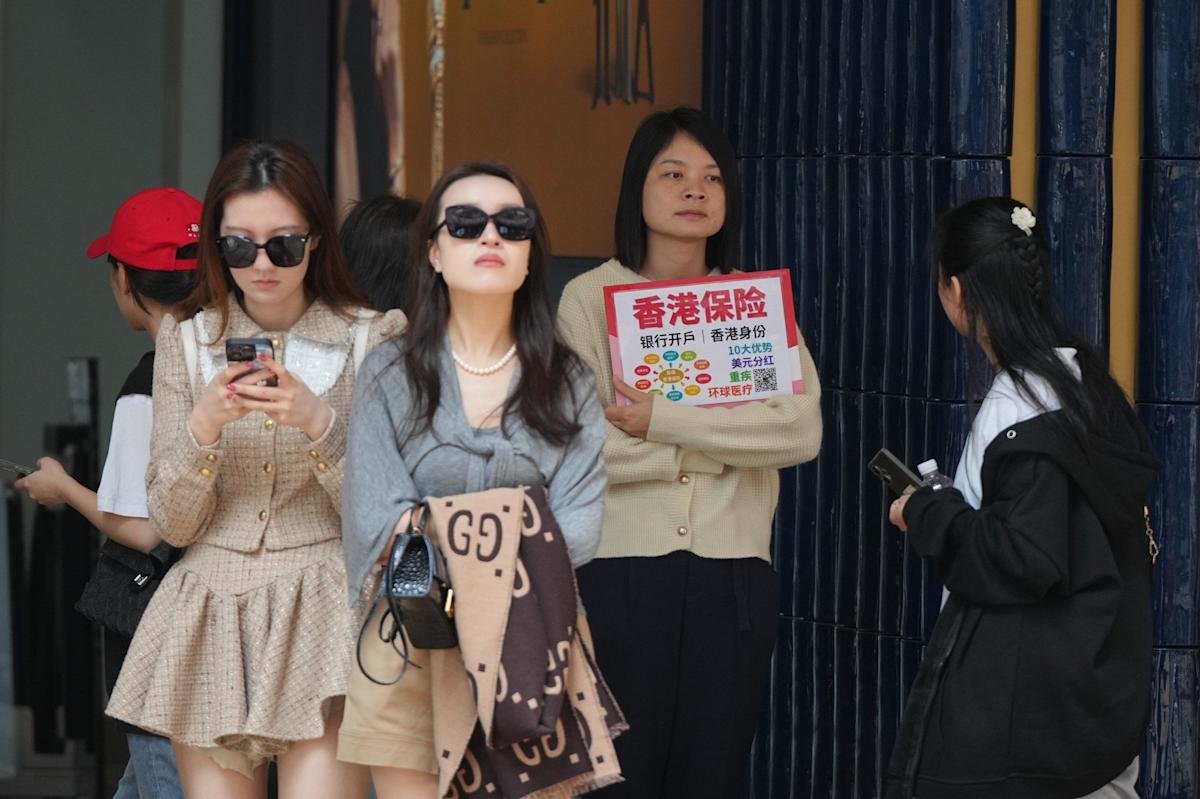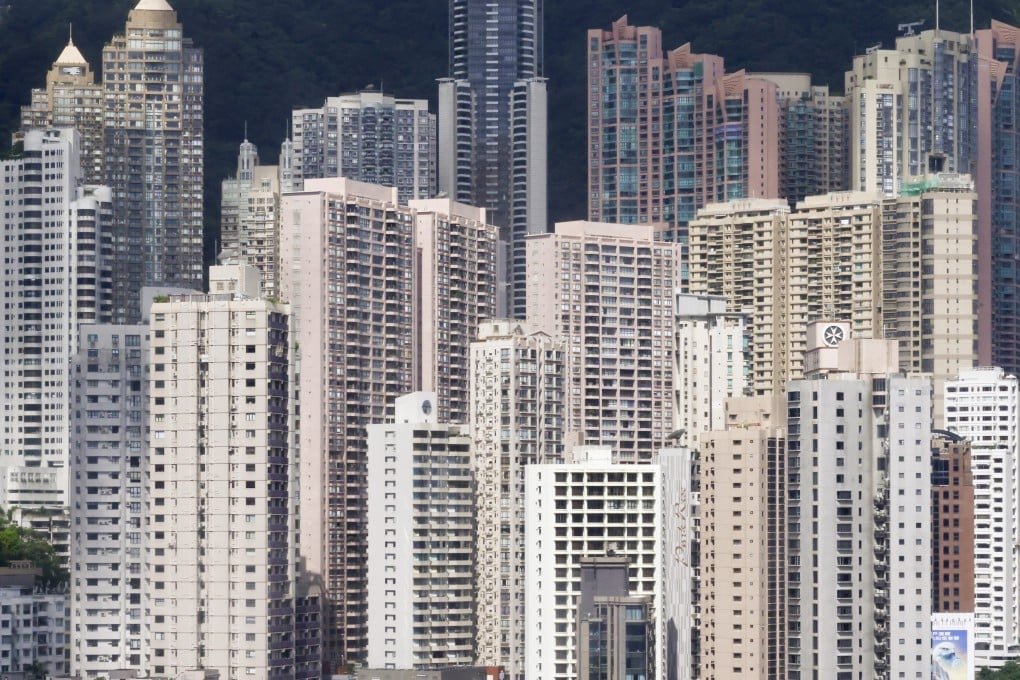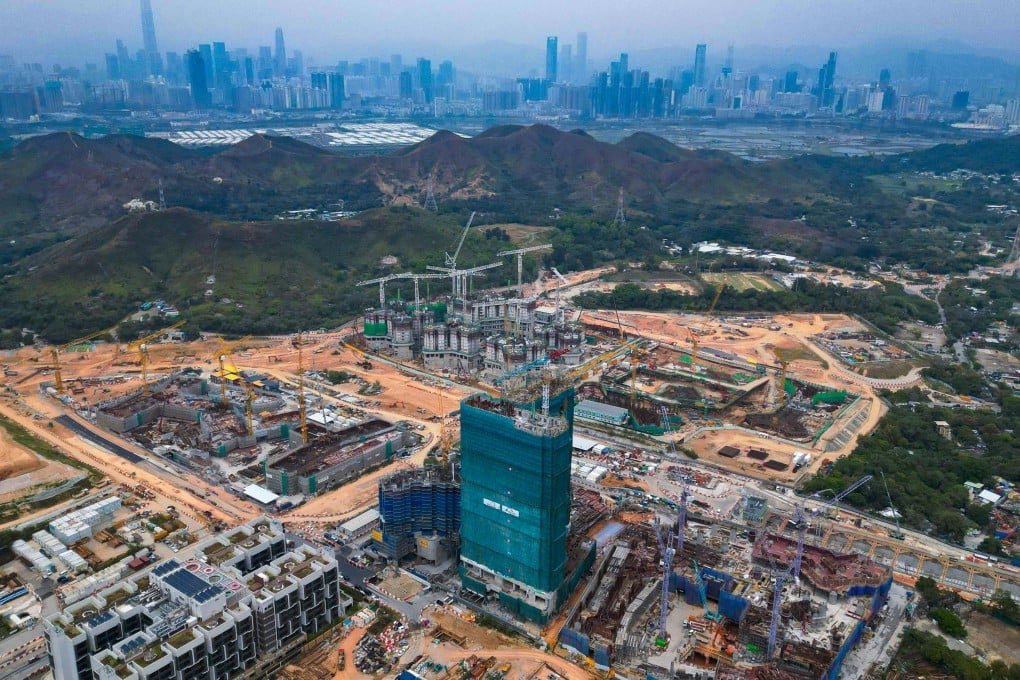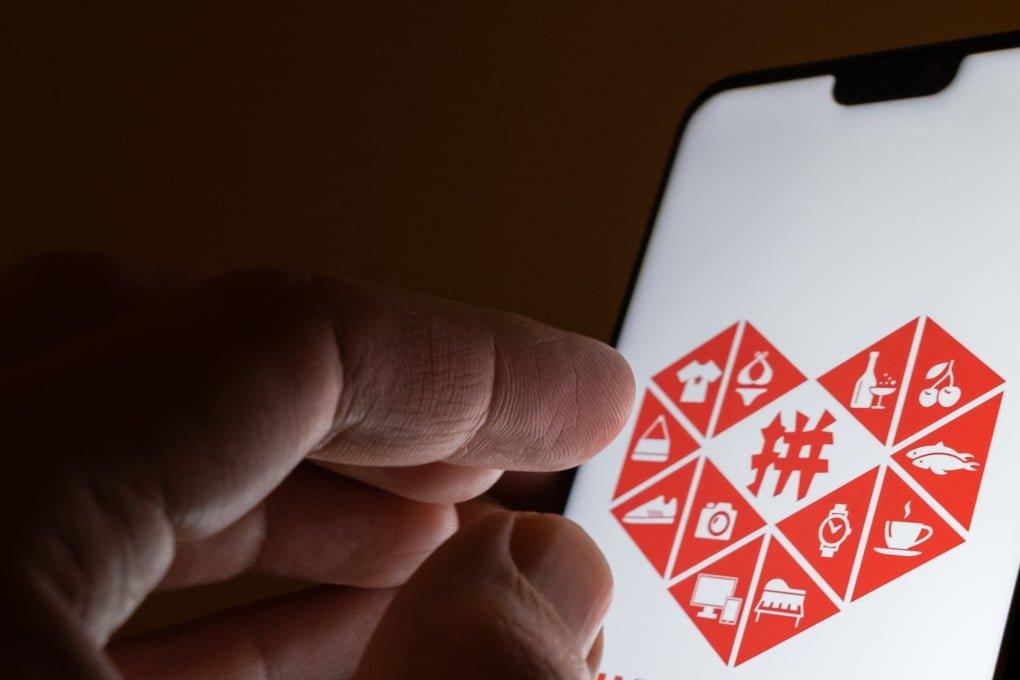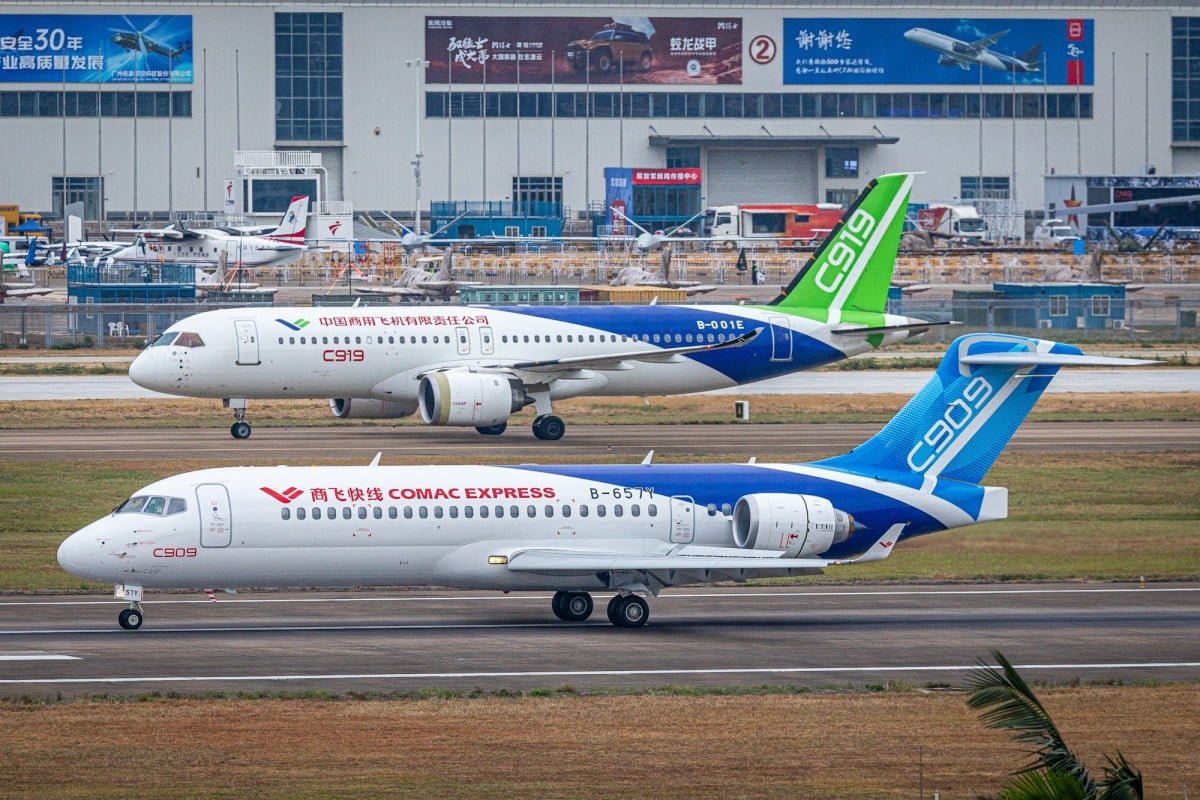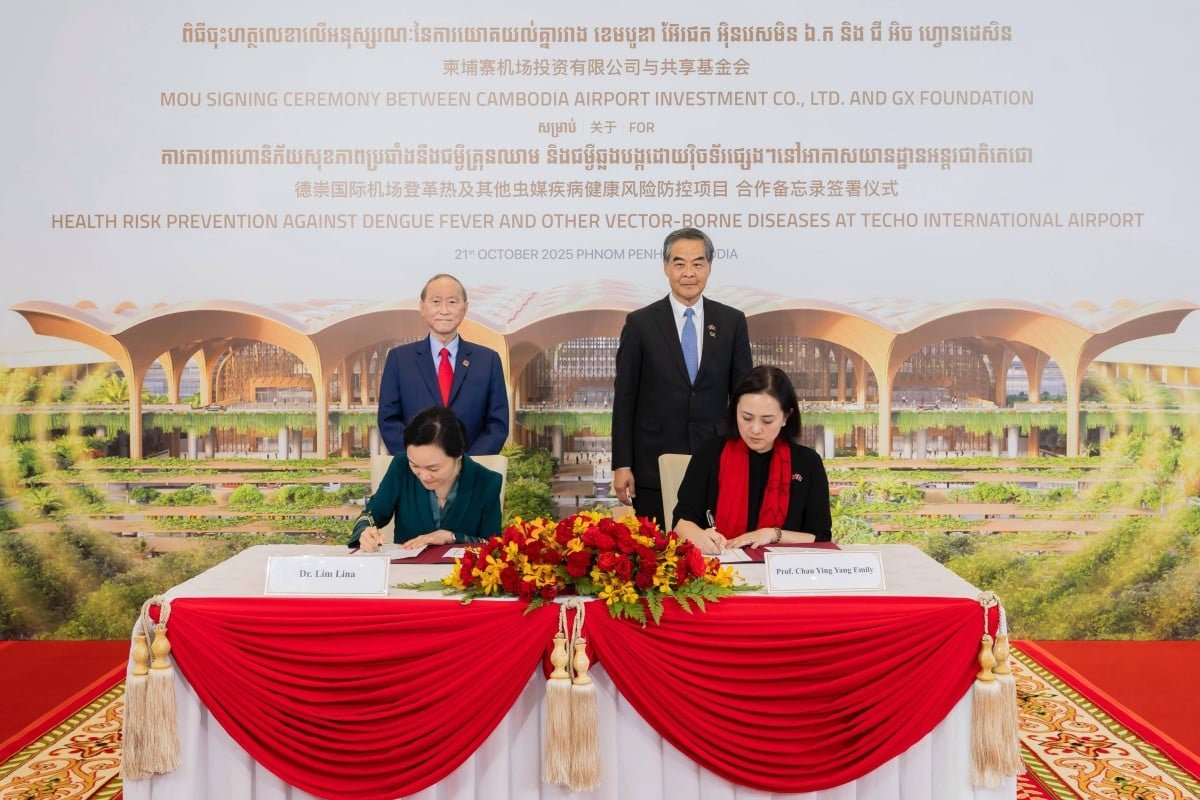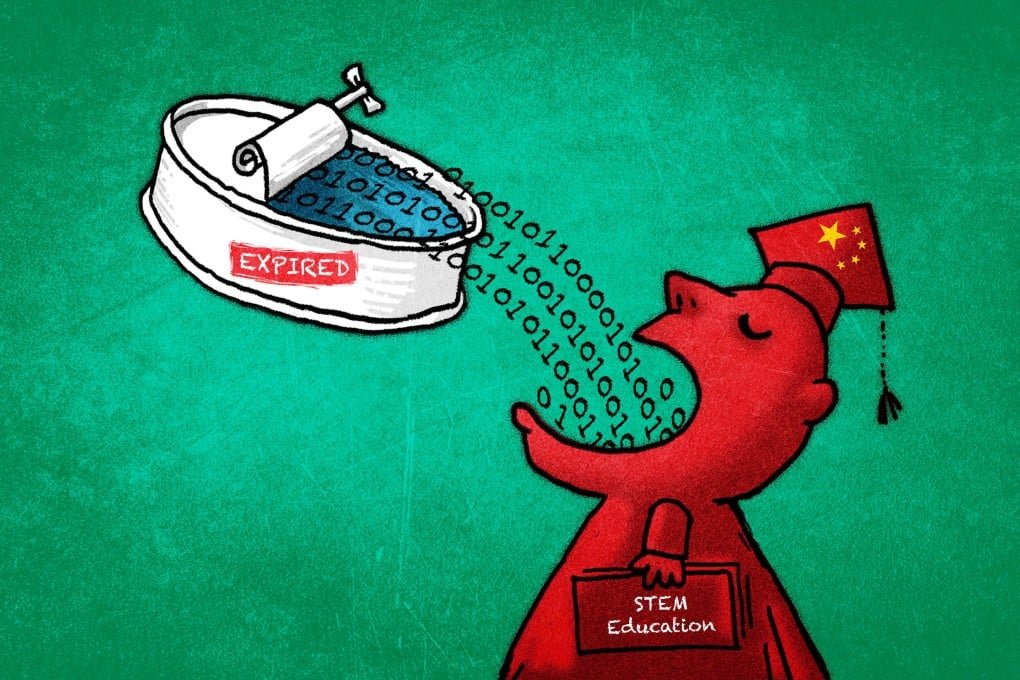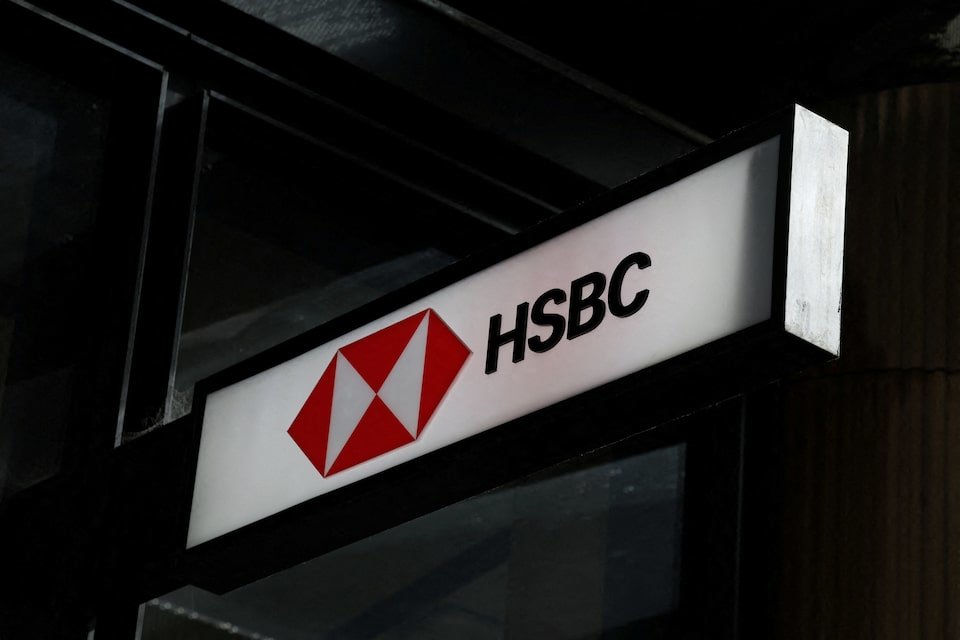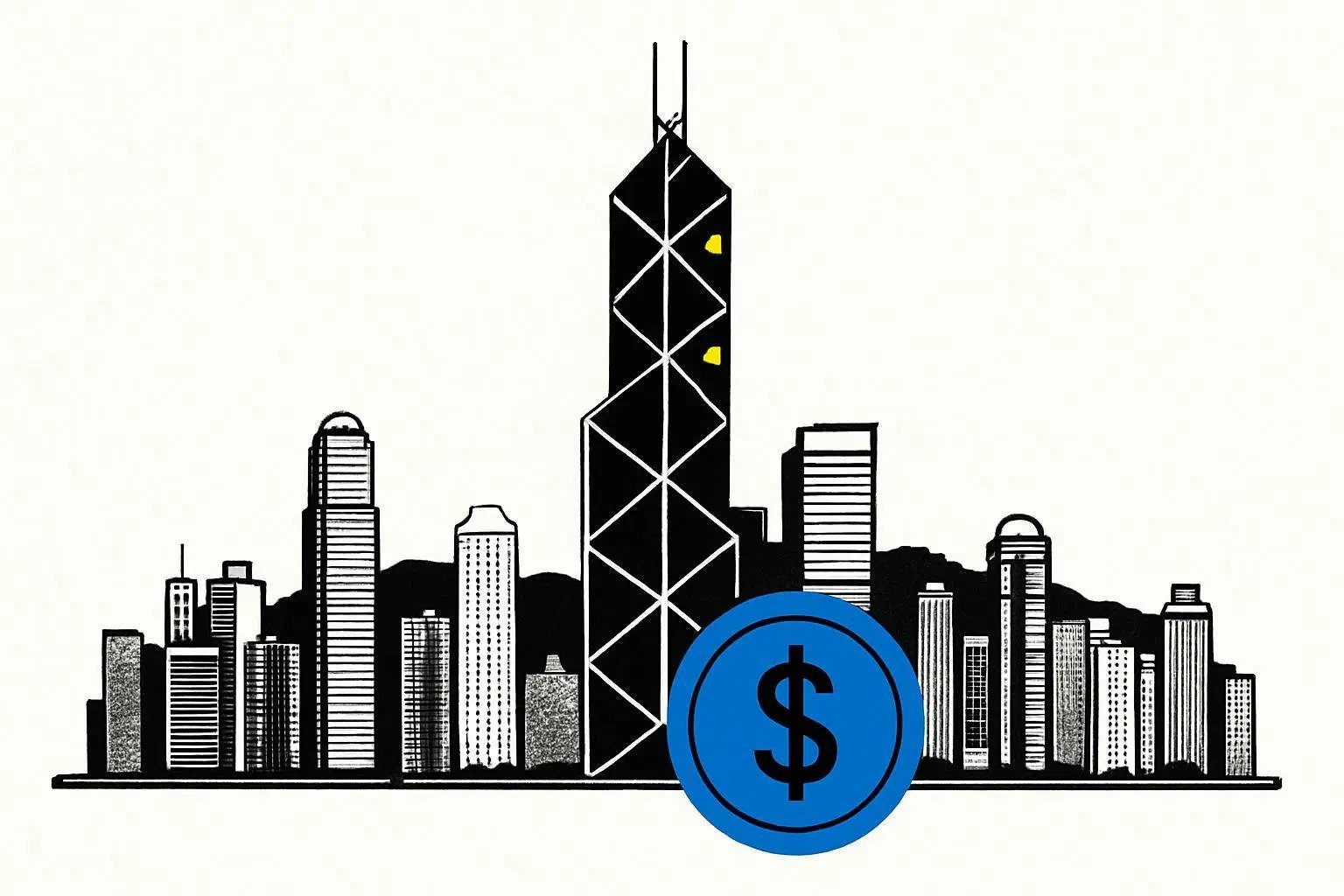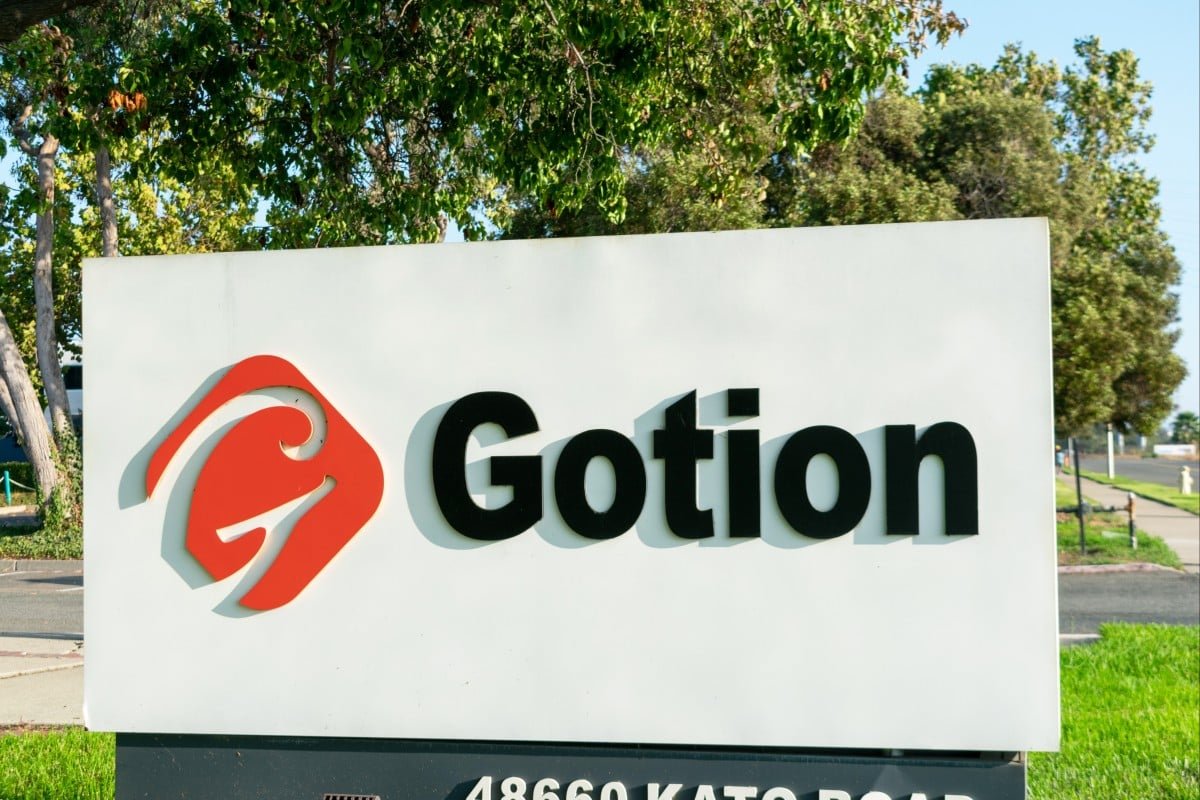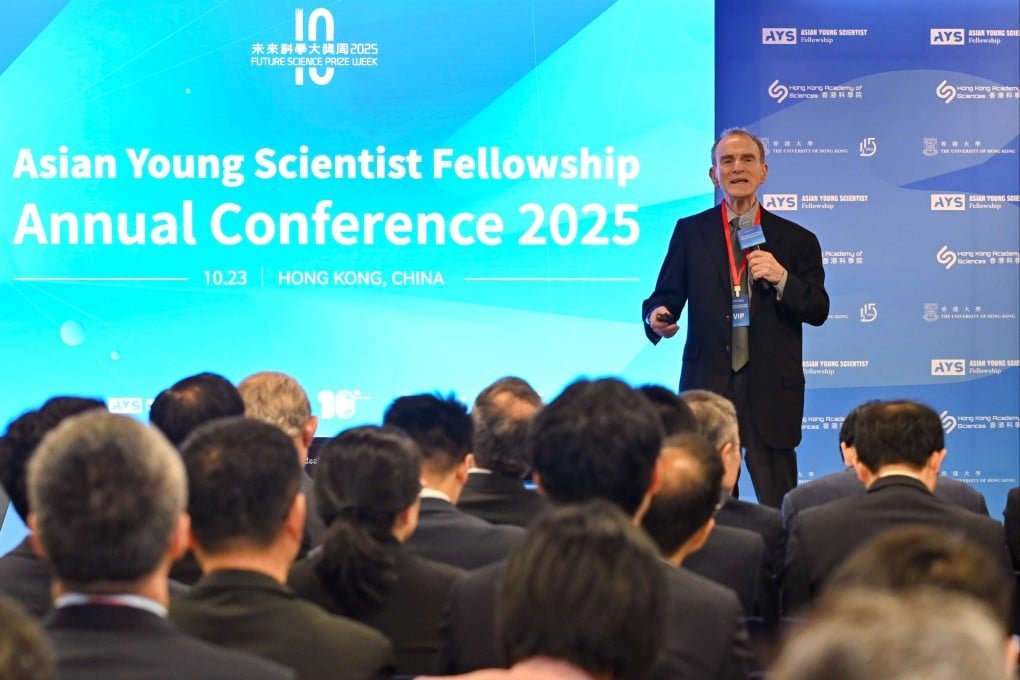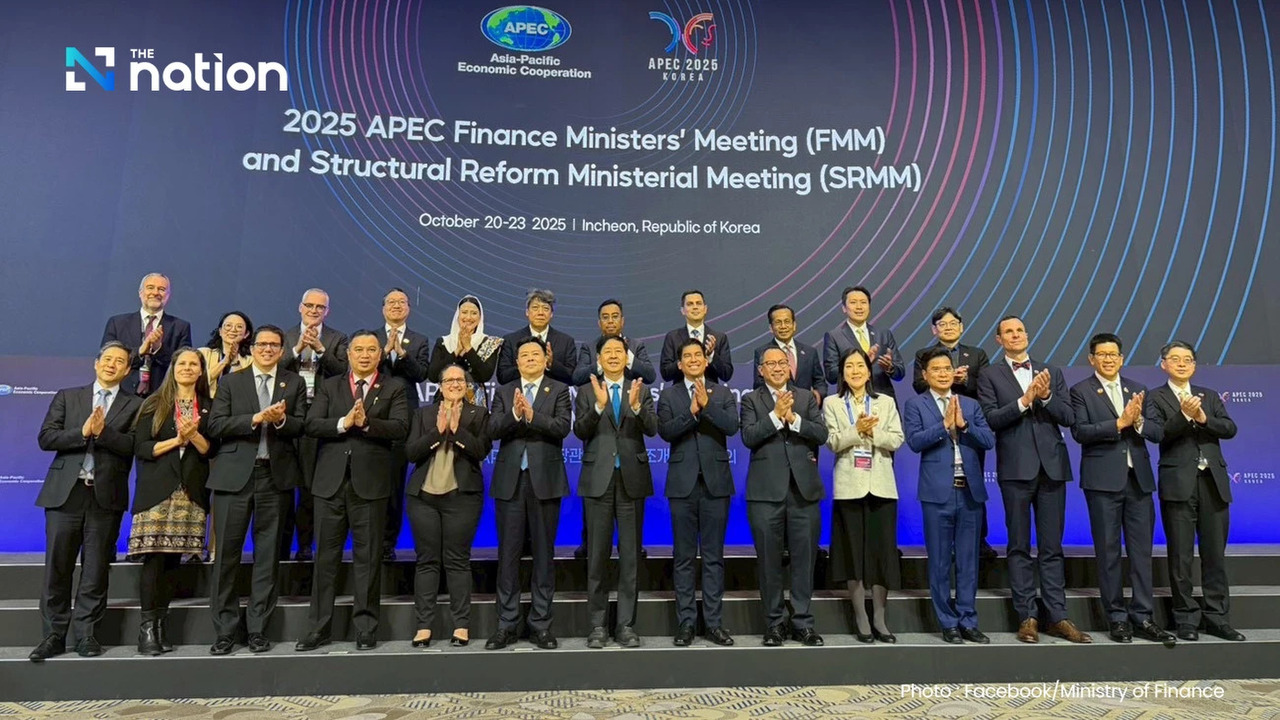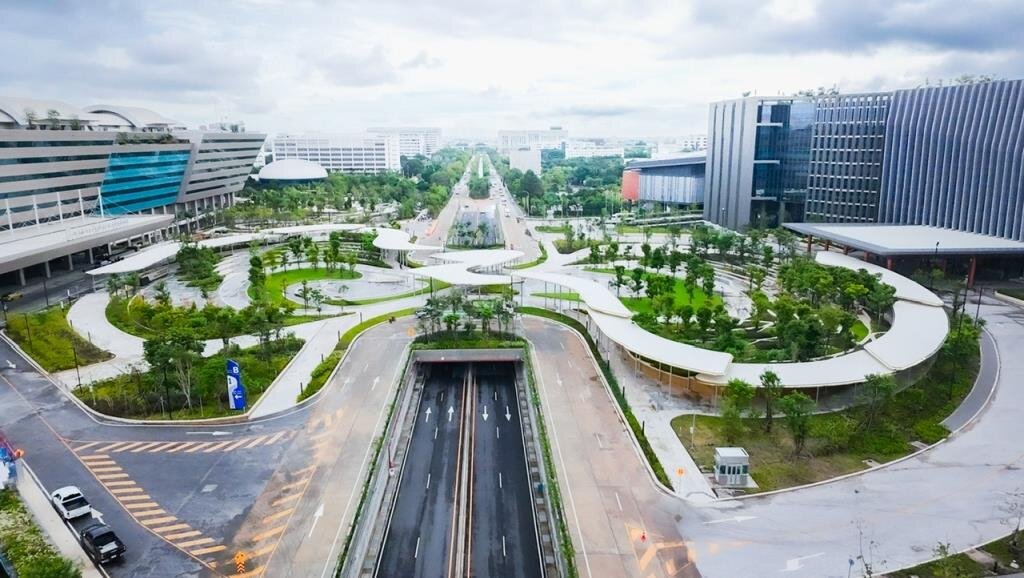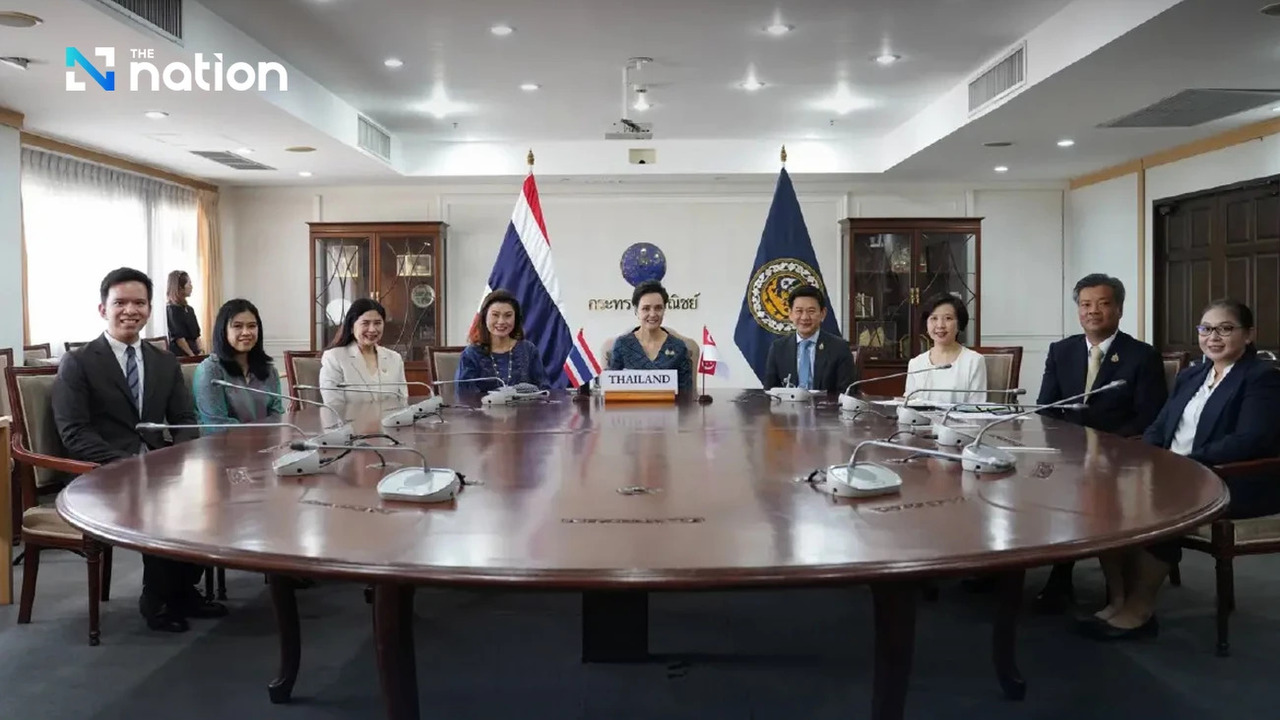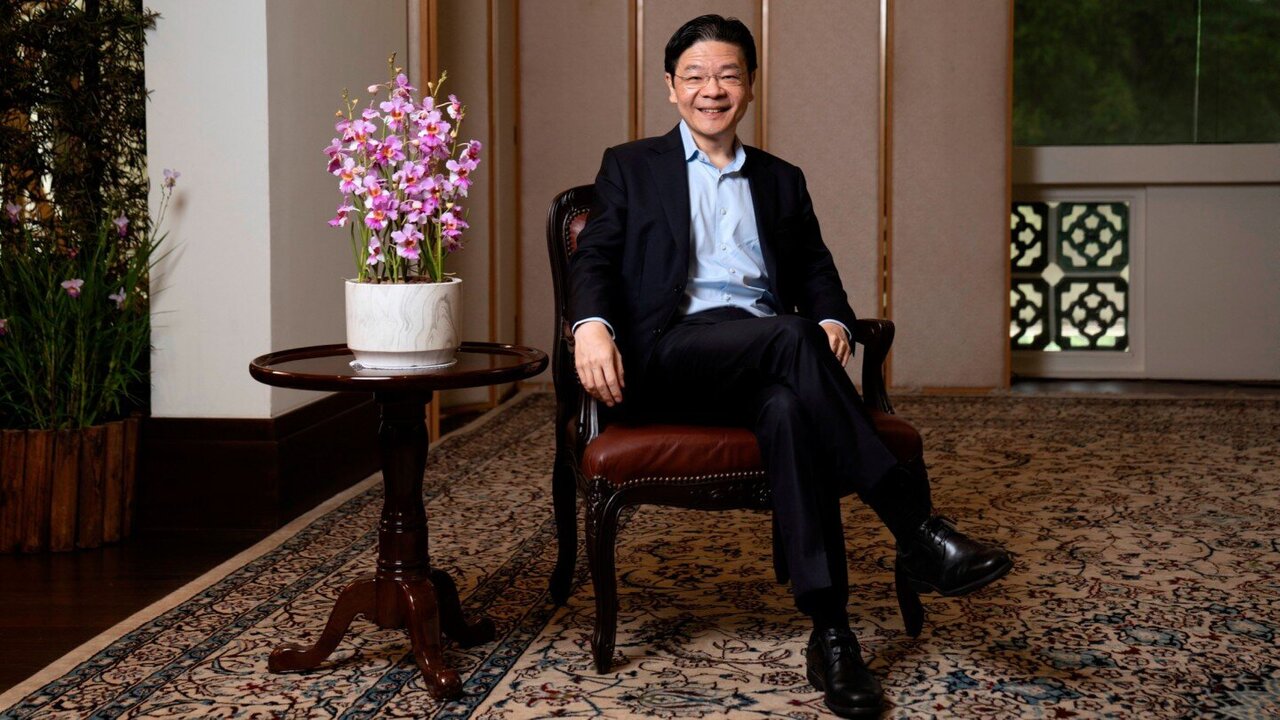Organisers said more than 3,200 exhibitors from twenty countries and regions participated, highlighting the city’s international reach and the event’s growing significance.
Artificial intelligence and robotics technology formed the core theme this year, alongside digital entertainment and the silver economy, underscoring a shift from consumer gadgets to advanced solutions for industry and ageing populations.
The newly introduced RoboPark zone offered over thirty live robot demonstrations by major players such as Unitree Robotics, Booster Robotics and Hong Kong-based SOTA Robotics, whose humanoid performer CURI Gen2 marked a milestone for local innovation.
Stand-out technologies included BrainCo’s Revo2 bionic dexterous hand and Ascentiz’s modular exoskeleton for elderly mobility.
Hong Kong Trade Development Council Deputy Executive Director Jenny Koo described the fair as a reflection of the city’s position as a bridge between China’s innovation engine and the global market.
The hybrid “EXHIBITION+” online-and-offline format—including the AI-enabled Click2Match business matching platform—underscored how the event is adapting to new business-networking models.
An onsite survey found that 44 per cent of exhibitors and buyers are exploring or integrating generative AI technologies, with applications in product design (60 per cent), customer service (40 per cent) and marketing (35 per cent).
Over half of respondents (51 per cent) expect revenue growth in the next 12 to 24 months, with the Middle East (77 per cent), Korea (70 per cent), India (69 per cent) and ASEAN markets (69 per cent) cited as significant growth regions.
Emerging-market demand translated into deals: PaXini Technology, a Shenzhen-based robotics firm, secured tens of millions of renminbi in expected orders during the fair, and Shanghai Hi-Dolphin Robot Technology closed a US$450 000 sale of ten COFE+ robot coffee kiosks to a Turkish buyer while generating 200 new leads.
Buyers from Malaysia’s Robopreneur Sdn Bhd and UAE’s Alraja Trading FZC signalled major sourcing intentions of around US$2 million and US$1.5 million annually respectively.
Forums, symposia and the Startup Zone further underscored the event’s role as a global innovation platform.
The 10th Symposium on Innovation & Technology explored robotics applications across land, sea and sky, while the Startup Zone featured over ninety young companies launching forward-looking tech.
With the fair once again delivering high-calibre global participation and deals, Hong Kong reinforced its status as a gateway for the electronics industry’s next chapter.


